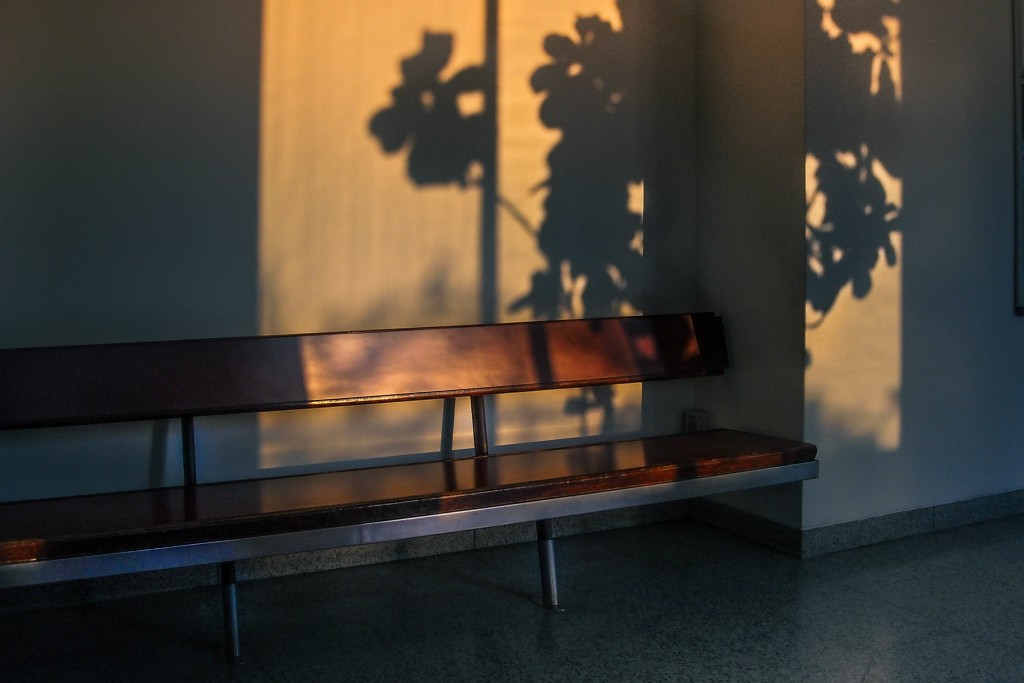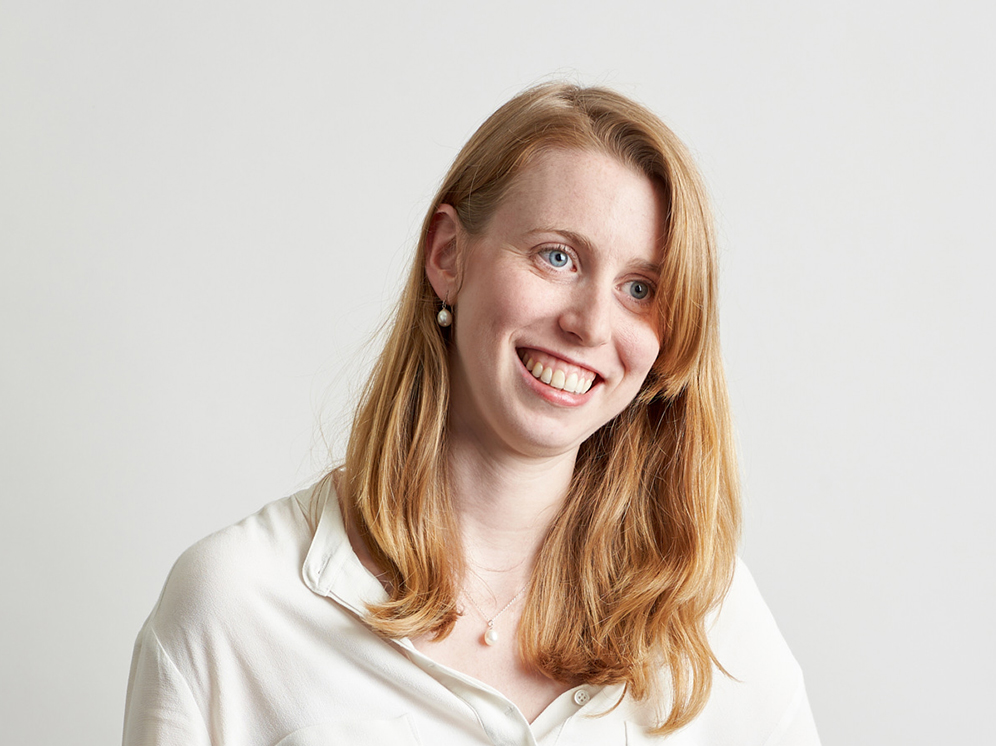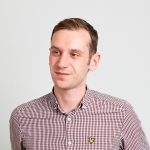Reflections on patient research
I have met some colourful characters in my time as a market researcher. From interviewing an adult with ADHD who was unable to sit down for more than two minutes to a cardiologist with a God complex, my moderating skills have been stretched in all directions.
This has always been a part of my role that I have enjoyed. I am inherently curious; ever since childhood I’ve been inquisitive, and I’m able to entertain this in my adulthood. It is now my job to ask questions, to gather insight about how different people make decisions, and live their lives.
In particular, I have found great satisfaction in patient research. I can only describe it as a privilege to be ‘let in’ by someone else, and to talk about such an important and deeply personal topic as your health.
It is also an area where I feel most able to make a positive difference in the world.
I know that patients get something from it: they find the experience empowering, therapeutic even. These conversations are an opportunity for them to indulge in their disease journey, and the ups and downs that they have faced as a result. They are able to talk freely in a way that they cannot with their family members and friends – for fear of being a burden, or changing the dynamic of their relationships.
What’s more, I hope that by sharing the experiences of patients with pharma companies, they will innovate products and services to better support them in their time of need.

I have spent the last three weeks interviewing people addicted to various Class A drugs – and never have the stakes felt so high. These have been some of the most interesting, challenging and potentially impactful interviews that I have ever conducted.
Almost all the patients that I have met have had long-lasting and daily struggles with addiction. Many have done or seen things that I struggle to comprehend: some were given their first high by their parents, others found loved ones dead with a needle in their arm after suffering an overdose, and many turned to crime to fund their habit. These interviews have connected me in flesh and blood to a world of which I have previously only been distantly aware. They have broken down stereotypes and taboos. I can empathise with each and every one of them and the position in which they find themselves.
In any patient interview, I have a significant responsibility. I have to tread a tightrope to capture the information that I need, whilst avoiding upset or distress. Never have I felt the weight of this balancing act as when I have been sitting with a person suffering from addiction: asking questions about what life was like when in the throes of using, and the most significant low points that were suffered. I needed to understand the key milestones in their journey, but did not want to trigger a thought process or invoke an experience that could inspire the patient to use.

The challenge now is to turn these insights into actionable recommendations. I believe that the power and potential of pharma to make a difference to patients like these is undeniable. The questions are: Where should they start? What is practical?
I look forward to getting stuck into this problem-solving exercise in the New Year.
If you are considering patient research and how it can be used within your organisation, we would love to hear from you. You can get in touch.




